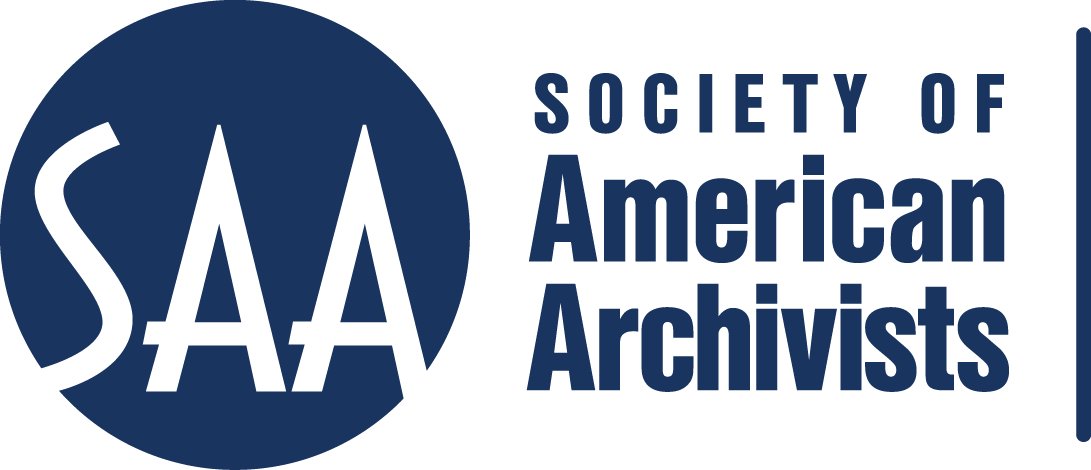Pluralizing the Archival Paradigm: Can Archival Education in Pacific Rim Communities Address the Challenge?
The diversity and geographic dispersion of nations and peoples in the Pacific Rim pose fundamental conceptual and logistical challenges to archival education throughout the region. These challenges prompt us not only to give more attention to local and regional needs in developing our education programs, but also to examine more broadly their implications for archival education, theory, and practice globally. This paper begins by discussing the diverse nature of Pacific Rim countries, cultures, and communities, and then raises issues relating to the archival educational needs of its Indigenous and minority communities. It then reports the findings of the first phase of "Pluralizing the Archival Paradigm through Education," a collaborative project examining archival education in Pacific Rim nations and whether it meets the needs of Indigenous and local ethnic communities. Its findings to date suggest a need to develop and deliver culturally sensitive and responsive archival curricula and associated pedagogy inclusive of local and Indigenous knowledge and practices. They also suggest a need for the integration of such knowledge and practices into the global paradigm within which archival theory and practice are situated, thus making that paradigm more inclusive and less in danger of being a hegemonic or even neocolonial force.

